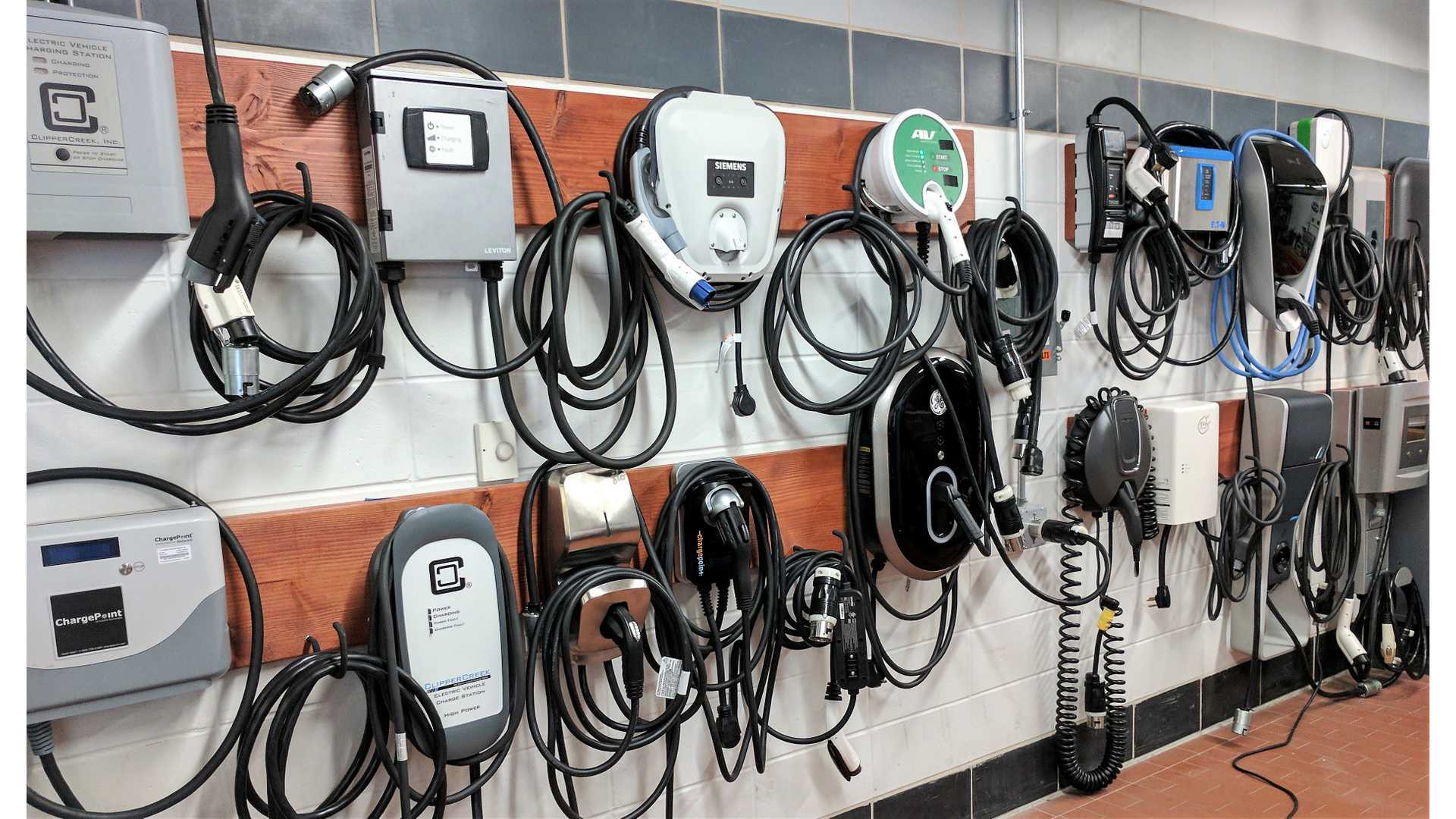
Image Source: Google
With the increasing popularity and demand for electric vehicles (EVs) in recent years, the need for convenient and accessible home electric chargers has also been on the rise. Home electric chargers offer EV owners the convenience of charging their vehicles at home, eliminating the need to visit public charging stations or rely solely on workplace charging options. This trend is a significant step towards making EV ownership more practical and feasible for the average consumer, ultimately contributing to the widespread adoption of sustainable transportation solutions. Refer: https://elitevehiclechargers.co.uk/home-charging/.
One of the key benefits of home electric chargers is the convenience they offer to EV owners. With a home charger installed, EV owners can simply plug in their vehicle overnight and wake up to a fully charged battery in the morning. This eliminates the need to make special trips to public charging stations or worry about running out of battery while out and about. The convenience of home charging also allows EV owners to take advantage of off-peak electricity rates, saving money on their charging costs in the long run.
Another driving force behind the rise of home electric chargers is the increasing availability of affordable and easy-to-install charging solutions. Many EV manufacturers now offer home charging stations as optional accessories or included perks with the purchase of a new vehicle. Additionally, there are a growing number of third-party charging station manufacturers that offer a wide range of home charging options to suit different needs and budgets. From basic Level 1 chargers that can be plugged into a standard household outlet to more advanced Level 2 chargers that require professional installation, there is a home charging solution available for every EV owner.
The rise of home electric chargers has also been supported by government incentives and programs aimed at promoting the adoption of electric vehicles. Many states and local governments offer rebates, tax credits, or other financial incentives for the purchase and installation of home charging stations. These incentives help offset the upfront costs of installing a home charger, making it more affordable and accessible for a wider range of consumers. In addition, some utility companies offer special electric vehicle charging rates or discounts to encourage customers to charge their EVs at home, further incentivizing the use of home chargers.
For apartment dwellers or those without access to off-street parking, the installation of home electric chargers can present some challenges. However, innovative solutions are emerging to address these barriers and make home charging more accessible to all. Shared charging facilities, community charging programs, and portable charging options are all being explored to provide EV owners with alternative charging solutions when home charging is not feasible. As the demand for EVs continues to grow, it is likely that more innovative and inclusive charging options will become available to meet the needs of all consumers.
Overall, the rise of home electric chargers represents a significant advancement in the development of sustainable transportation infrastructure. By making it easier and more convenient for EV owners to charge their vehicles at home, we are paving the way for a future where electric vehicles are the norm rather than the exception. As technology continues to improve and costs continue to decrease, home electric chargers will become an essential feature of every household, just like a garage or driveway. The convenience and accessibility of home charging will play a crucial role in accelerating the transition to a cleaner, greener transportation system for the benefit of future generations.
